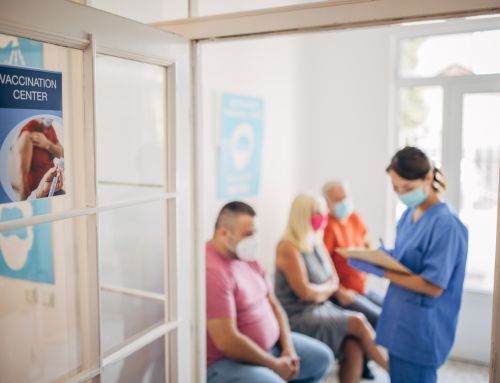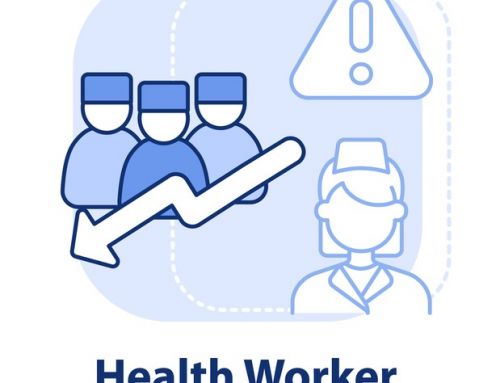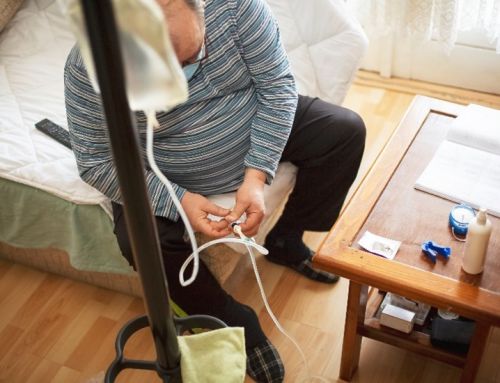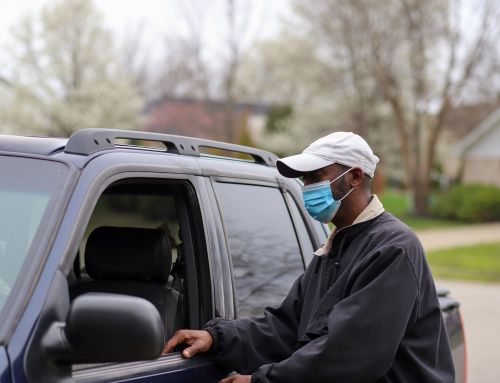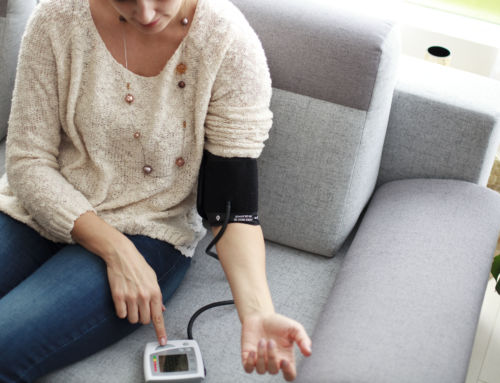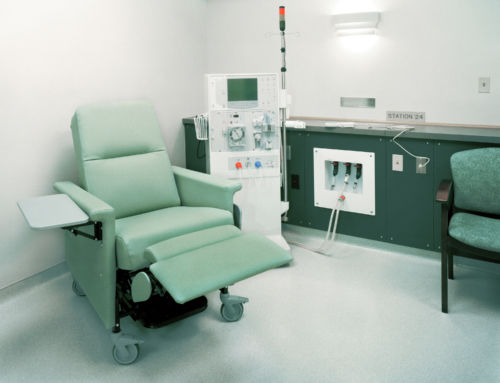Elena Balovlenkov, R.N.
Technical Lead for Dialysis Facility Compare
Centers for Medicare & Medicaid Services
7500 Security Boulevard
Mail Stop S3-02-01
Baltimore, MD 21224
Dear Elena:
To meet your timeline for raising issues to be brought before the DFC Star Rating TEP, DPC recently conducted a survey of our active patient volunteers asking them to identify priority items for quality measures to be included in both DFC star ratings and the QIP. Per the advice of the Kidney Care Quality Alliance (KCQA) consultant on quality measures, we developed a lengthy list of subjects for measures, and asked patients to choose five that they felt were most important to them and matters for which dialysis facilities should be held accountable. The list included current QIP and DFC measures, items on the dialysis CAHPS questionnaire, patient-reported outcomes on the KDQOL questionnaire and other subjects identified by KCQA.
Following the survey, we convened a focus group call with 24 participants who were provided the results beforehand. That conference call, as well as a call with our Board of Directors the following day, confirmed this list of patient priorities:
Top Five:
- Staff respect/listening
- Patient Education
- Dialysis Adequacy
- Infection Control
- Transplantation Referral/Access
Tied for 6th:
- Quality of life – cramping
- Quality of life- washed out feeling
- Healthy Days at Home
- Anemia management
We are proposing several items for consideration by CMS, the TEP and CMS’ contractor for inclusion in DFC. These priorities may be subject to change or re-ordering if we learn that some items are impracticable, or if our larger annual member survey reaches significantly different results. But in keeping with your timetable, we request that groundwork be prepared on these items by your contractor before and during the TEP process. Below we discuss the implications of our survey for DFC.
- Staff Respect/Listening: This topic compresses two questions on the CAHPS questionnaire that received the most votes. During the focus group, it was apparent that patients are riled by encounters with facility staff who are dismissive of their concerns. While our volunteers may not be representative of all ESRD patients—most are longtime veterans of dialysis who are exceptionally engaged in their care—they feel strongly that they know a lot about their treatment, often more than facility techs, and demand that staff be responsive to their unique concerns. We ask you to consider breaking out these questions currently on the CAHPS questionnaire (#10 and #12) for separate scoring and reporting, and significant weighting in determining QIP and star-rating scores.
- Patient Education: Our survey respondents felt that sometimes education is cursory, such as distributing numerous handouts and asking for receipt signatures, rather than the in-depth conversations that convey the information that patients need to put them in control of their health. There is also concern that education is front-loaded upon incident patients who are too overwhelmed to absorb it, and not reinforced afterward when the patient may be better equipped to act upon it. We understand that in the past there have been unsuccessful attempts to formulate a measure capturing this dimension. We ask CMS to prioritize another run at this. One step, perhaps temporary, might be to compile education-related responses to CAHPS (e.g., #26, #27, #30). We realize it may be necessary for HHS to support researchers with grant funding to further develop this area.
- Dialysis Adequacy, Anemia Management and Infection Control: Since these measures are already being scored and reported, we ask simply for their inclusion in the star rating. CMS should perhaps consider expanding the infection measure to encompass patient reporting (e.g. “In the last 3 months how many dialysis related infections did you have?” which was asked in the Acumen survey).
- Transplantation Referral/Access: As this measure is already in development, we have no requests of you at this time, other than to support its inclusion in DFC.
- Quality of life – Cramping/Washed out feeling: We ask you to consider supporting development of a patient-reported outcome measure assessing fluid management using answers to these questions from the KDQOL survey. Currently KCQA is testing a facility-reported fluid management measure, which we expect to support if validated; however, it would be wonderful if DFC star ratings could spur pioneering activity on a patient-reported outcome measure that assesses a dimension of care that is so important to our population.
- Healthy Days at Home: Again, there is strong interest generally among our leadership in a patient-reported outcome measure. As you may know, last month MedPAC discussed such a measure for Medicare beneficiaries and specifically discussed its applicability to ESRD patients. There are numerous possible variations on this and we ask you to give this serious consideration going forward.
- Other items for reporting on Dialysis Facility Compare “dialysis facility information” page: During the most recent Open Door Forum, several additional candidates for DFC were mentioned by Elena and by Celeste Lee. These came too late for inclusion on our survey, but one of the items, whether there is a Peer Mentor or Support Group program based at the facility, was mentioned by several respondents in an open-ended question. We listed all of these items for our focus group. There was interest expressed in the Mentor/Support Group item as well as information on Staff Turnover and Staff to Patient Ratio. These items may merit inclusion on the page reporting “characteristics and services,” and we ask that options be developed for the TEP’s consideration.
During our upcoming Board Meeting on March 3, we expect that some of the patients who participated in this process will briefly present on these items and we encourage you to bring any questions you might have to be addressed by them directly.
While we continue to have significant concerns over the current DFC Star Rating Program, we very much want to work with you to ensure that it ultimately achieves its goal of being both “useful and meaningful” to patients. As a result, I hope that you will work to incorporate the feedback of our patient advocates and dedicate resources to collecting such information when it is not available but is ascertainable.
Sincerely,
Hrant Jamgochian, J.D., LL.M.
Executive Director
cc: Joel Andress, Ph.D., Center for Quality Measurement in the Health Assessment Group
Kate Goodrich, M.D., Director of the Quality Measurement and Health Assessment Group




